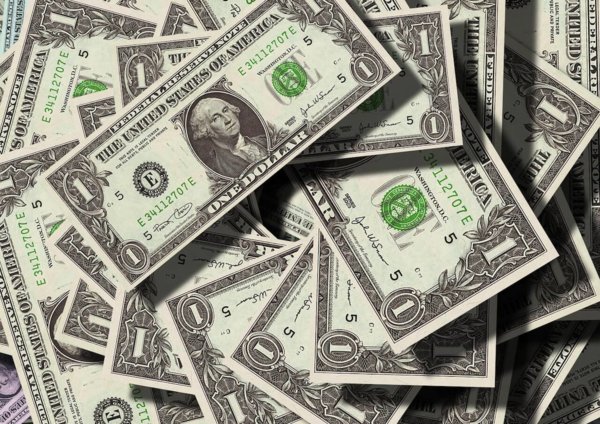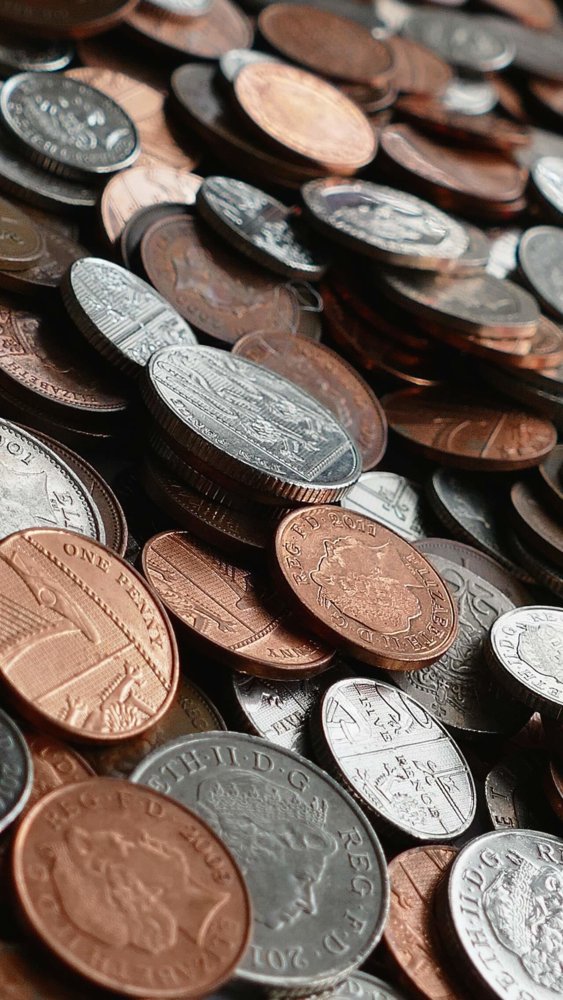The Top Signs That You’re Living Above Your Means
Don’t worry, we’ve all been guilty of this before. Living above your means is not as difficult to achieve as it seems. In fact, there are millions of people out there who are living paycheck to paycheck, without putting any money away for savings.
But, just because this is normal, it doesn’t mean that it’s beneficial for you or your financial status. There are a few key signs to look out for to check whether this might apply to you, and you are indeed living above your means.
In order to find out more about this subject, keep reading below, as we take a closer look.
Also read: How To Write A Check

You Don’t Keep An Emergency Fund
In life, we don’t really know what’s going to happen in the future. It is therefore important to prepare both personally and financially for what may come.
This means keeping an emergency fund that can help you if things go awry. If something unexpected and untimely happens, you’ll be able to withdraw funds from your emergency savings, in order to pay for bills, food, or rent.
If you don’t have an emergency fund in place, this could actually have dire consequences. You might get evicted from your home, or have your car or furniture repossessed. This is why it’s always important to have money stored away just in case of an emergency.
Also read: How To Apply For a PPP Loan
You Don’t Know How Much You’re Spending
When it comes to money, no matter how much or little you have, it’s always important to make sure that you know your outgoings. Some people will spend blindly, without regularly checking their bank balance to see what they’re spending.
Some people don’t like to think about how much money they spend, and would prefer to ignore it in order to avoid feelings of guilt or remorse. This however, isn’t productive in the slightest. In fact, engaging in these behaviors can only end badly.
The fact is that if you’re not regularly checking in on how much money you spend, chances are that it's much more than you think. We tend to underestimate our spending habits, which can result in us riding up credit card debts, or going into overdrafts.
Make sure you’re always keeping an eye on your spending habits to avoid any potential consequences.
Also read: What Is ACH Payment?
You Don’t Set A Monthly Budget
When it comes to practicing good habits with money, it’s always a good idea to set yourself a budget. When you have a budget, each month, you’ll know exactly how much you’ll be able to spend, and can therefore track your spending accordingly.
You can even break this down into smaller chunks, and account for your monthly budget, then divide it into weeks, or even days. You’ll know exactly how much money you’re allowed to spend. If you overspend one week, you can simply cut back the next.
If however, you find yourself exceeding your monthly budget on a regular basis, this might be an indication of a problem. This is a very blatant sign that you’re living above your means, and you need to pull back on your spending habits.
Also read: How Many Credit Cards Should You Have?

Your Credit Balance
Typically, when we’re spending too much money, we’ll put those expenses on our credit card. This can be an incredibly toxic habit, and could reflect poorly on you in the long run, when you apply to purchase a house.
Make sure that you’re regularly checking your credit card statements, to make sure that you’re not getting yourself into debt.
The best case scenario is that you have no credit card debt at all, but, if you notice that they’re particularly high, it might be time for you to start thinking about lowering them.
You’re Living From Paycheck To Paycheck
This is one of the key signs that you’re living beyond your means. If you’re spending a lot of money on payday, only to see your funds deplete significantly by the end of the month, this is a sure fire way to tell that your spending habits are far from ideal.
Many people will spend excessive amounts of money when they get paid, only to find themselves living in veritable debt by the end of the month, unable to afford basic things such as food and groceries.
This is of course, an extreme example, but if you find that you have very little money left at the end of the month, it might be time to rethink your spending habits.
Also read: Is Purchasing A House A Good Investment?
You’re Not Saving Any Money
This is probably the most important sign to look out for when determining if you’re spending above your means. Are you putting away money each month for savings, or emergency funds? If you find that you’re not doing this, then it’s time to reassess your budgeting, and put some money away for your future self.
It is recommended that whatever you earn, you should be putting around 15 - 20 percent of that into a savings account. Of course, this isn’t feasible for everyone, as some people will be working from very low salaries.
But, even in these cases, around 10 percent of your earnings should be put away in a savings account. This will help you to plan for the future, and save for things that you really need.

Final Thoughts
To sum up, there are a few key things that show you’re spending above your means. One of the main signs is failing to create a budget, or simply not sticking to it. In addition, failing to create a savings plan, or emergency fund, are also signs of poor spending habits.
Your check stubs can be used as part of tracking your finances.
 Our customer support is available 24/7:
Our customer support is available 24/7:

